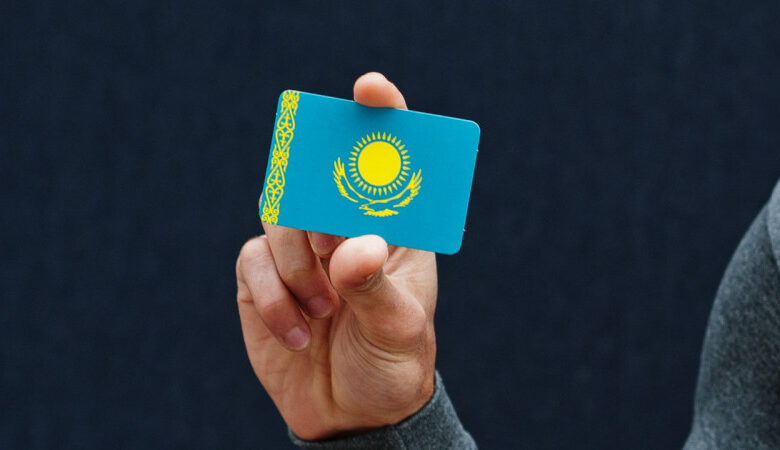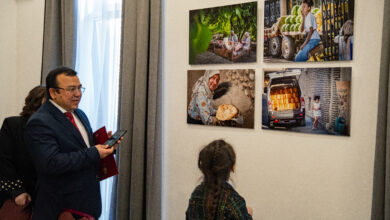Thousands of Ethnic Kazakhs Receive Kandas Status in 2024
As of May 1, 2024, nearly 6,000 ethnic Kazakhs have been granted kandas status, returning to their ancestral homeland, according to the Ministry of Labor and Social Protection of Kazakhstan. Since 1991, a total of 1.134 million ethnic Kazakhs have repatriated to Kazakhstan.

Over half (50.3%) of the kandas who arrived this year came from China, 33.4% from Uzbekistan, 6.4% from Turkmenistan, 5.2% from Mongolia, 3.4% from Russia, and 1.3% from other countries.
The demographics of these new arrivals show that 58.9% are of working age, 31.6% are minors, and 9.5% are pensioners. Among the working-age group, 17% have higher education, 22.6% have specialized secondary education, 55.1% have general secondary education, and 5.3% have no education.
These ethnic Kazakhs have settled in various regions across the country. Specific regions facing labor shortages, such as Akmola, Abay, Kostanay, Pavlodar, and East and North Kazakhstan, have been identified for their resettlement. The quota for 2024 allows for the resettlement of 2,433 people in these areas, and by May 1, 1,453 kandas have moved there.
State support for these individuals includes a relocation subsidy of 258,400 tenge (70 MCI) for each family member and the head of the family, as well as monthly housing and utility allowances ranging from 55,300 to 110,700 tenge (15 to 30 MCI) for one year.
This year, 1,246 kandas have received various forms of assistance, including permanent employment for 401 individuals. To enhance voluntary resettlement, the government supports employers who help relocate citizens to northern regions with an economic mobility certificate. This certificate can be used for housing purchases, construction, or mortgage down payments, covering up to 50% of the housing cost or up to 4.28 million tenge per family.
Since 2023, a pilot “Bir tereze” (one-window) system has been in place, allowing ethnic Kazakhs to apply for kandas status through Kazakh embassies without entering the country. This system streamlines the process, including arranging travel, work, housing, and kandas status. So far, 8,326 applications have been processed using this new method.



